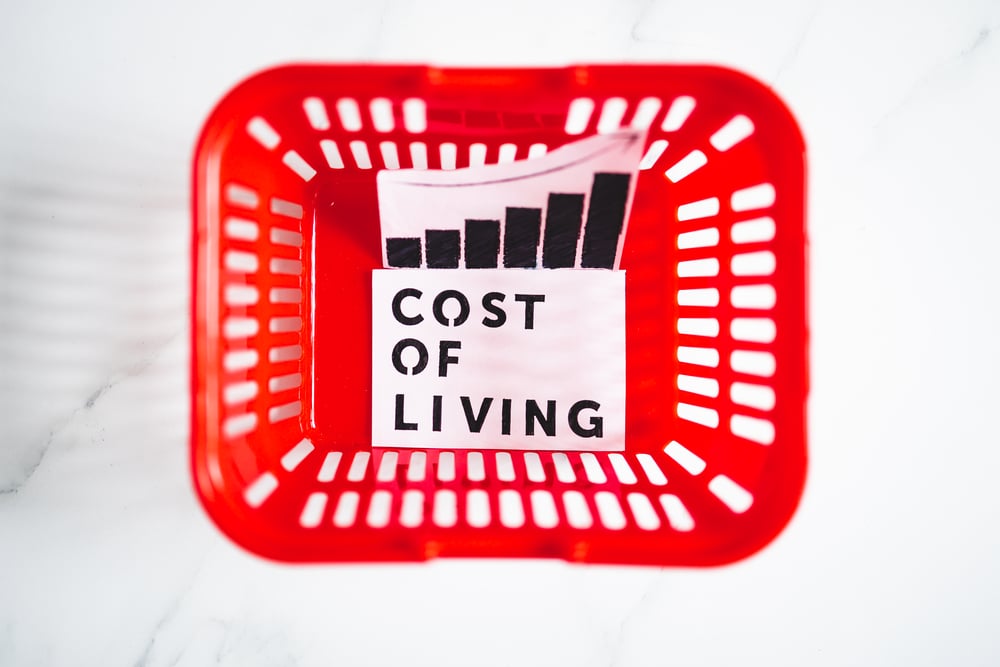In recent times, accusations of “price gouging” have become prevalent, often targeting producers utilizing strategies like dynamic pricing and “shrinkflation.” Such accusations, echoed by political figures including President Joe Biden, overlook the intricate dynamics of supply and demand in a market economy.
Dynamic pricing, a hallmark of modern market economies, reflects the dynamic interplay of supply and demand in real-time, ensuring the most efficient allocation of resources. For, unlike static pricing, which remains fixed regardless of changing market conditions, dynamic pricing algorithms adjust prices based on factors such as demand fluctuations, competitor pricing, and even individual consumer behavior. For consumers, dynamic pricing can offer personalized discounts, incentives, and a more responsive pricing structure.
Meanwhile, for producers, dynamic pricing optimizes revenue generation by capturing the maximum value from each transaction. In the era of e-commerce giants like Amazon, dynamic pricing algorithms analyze vast amounts of consumer data to tailor prices to individual preferences, driving efficiency and competitiveness in the market. While critics may decry dynamic pricing as price gouging, it is fundamentally a manifestation of the market’s ability to adapt and innovate in response to evolving consumer needs and technological advancements: why after all, should a company not charge individuals what they are willing to pay?
Similarly, shrinkflation—a practice where producers reduce product sizes while maintaining price—reflects businesses’ efforts to navigate inflationary pressures without passing the full cost burden onto consumers.
Therefore, while both dynamic pricing and shrinkflation are practices that may raise concerns among consumers, and therefore politicians eager to pander to the economically illiterate and to divert attention from their own failings, they are actually essential market mechanisms for maintaining economic equilibrium and preventing shortages.
However, price gouging is not the only area where the government has shown itself eager to look busy doing something, no matter how counterproductive in actuality. The Biden administration’s aggressive stance on antitrust regulation, for example, has seen a surge in blocked mergers across various sectors, ranging from grocery chains to airlines. While the intention may be to foster competition and protect consumers, these interventions stifle innovation and efficiency gains that often result from such consolidations. Moreover, such interventions often lead to unintended consequences, including reduced investment and slower economic growth, as companies become hesitant to pursue mergers due to regulatory uncertainty.
Moreover, the focus on preventing mergers overlooks the potential benefits that consolidation often brings, including economies of scale, improved productivity, and enhanced competitiveness. In sectors like healthcare and technology, mergers and acquisitions facilitate investments in research and development, leading to breakthrough innovations that benefit consumers and society as a whole.
In conclusion, while concerns about pricing practices and market competition are understandable, knee-jerk reactions and the predictable government interventions that too often follow do much more harm than good. At root, government interference in pricing and mergers reflect a fundamental misunderstanding of market dynamics and the role of competition, and make the government the arbiter of who wins and who loses in the economic arena. This is bad for the economy, bad for our politics, and bad for our society as a whole.
In terms of the present moment, it couldn’t be more obvious that Biden and his team are simply looking for issues they think they can run on. Biden’s State of the Union featured this new campaign against alleged corporate malfeasance: trumpeting his joint DOJ-FTC ‘strike force’ to go after “price gouging” by those greedy corporations whose fault it is Bidenomics has been such a hopeless faceplant, and further advocating passage of the Senate bill against inflation put forth by his fellow Democrat Bob Casey. How dare companies respond to changing market conditions!
Really, were it not for boundless government stimulus buoying GDP numbers and the generational turnover keeping labor markets tight, no amount of manipulation of the numbers by the BLS would be able to make things look like they aren’t on fire right now. Because despite what Paul Krugman and his ilk would have them believe, and is incredulous that they don’t, Americans are broadly unhappy with the state of the economy (as well as with the state of practically everything else the government touches).
And rightly so.








